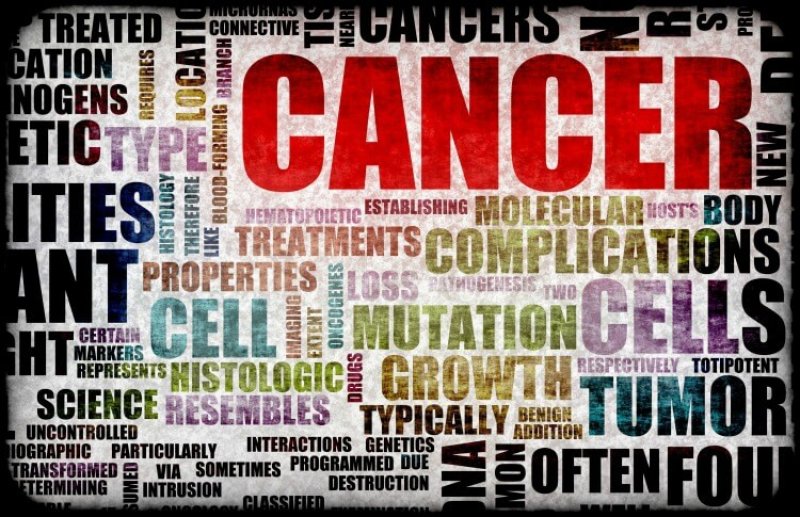Without even thinking about it, the survival instinct is for ever on, which is why, says Brunel University’s James Carney, a Wellcome Trust fellow in the medical humanities, we are suckers for scary headlines about health. You know the ones: “Processed meat gives you cancer” or “Toxic plant killer could give you Parkinson’s disease.”
…
“One of the problems is that the media takes each of these things as if it comes from nowhere, in a vacuum,” says Aaron E Carroll, pediatrics professor at Indiana University School of Medicine.
…
This month, it was reported that the American Society of Clinical Oncology had warned even light drinking could cause cancer. “Like, oh my God, they just announced alcohol causes cancer,” faux-gushes Carroll. “But that’s just not what happened. The studies they refer to have existed for years. Scaring people sells. People are afraid of cancer, and when they read the news, it’s as if we just figured it out what causes cancer, but it’s not true.” The path to calmly digesting stories of the health bogeymen lies in acquiring basic scientific literacy.
…
Carney points out that the No 1 killer of children in the US is cars, yet people still love cars. When it comes to assessing risk, we need to be less subjective and more statistically savvy.
Read full, original post: The fear factor: how should we deal with alarmist health reporting?































